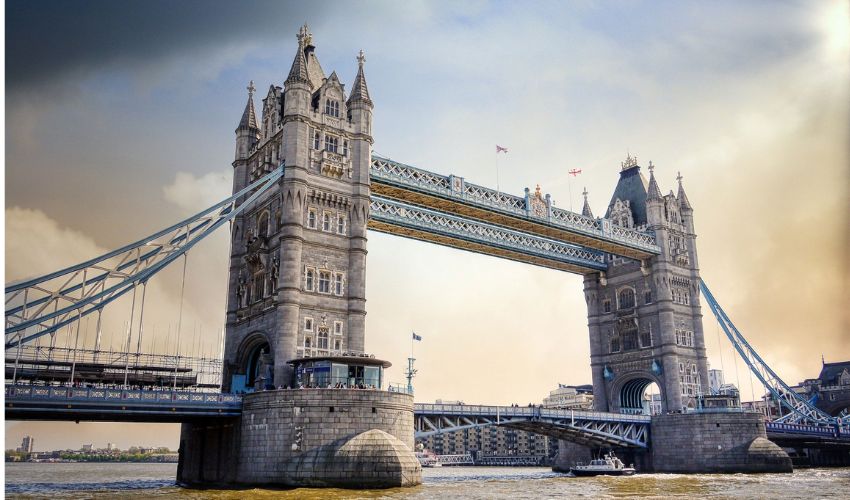King's speech during the state opening of the U.K. parliament, the Labour government outlined its legislative priorities for the upcoming session. Key measures include enhanced worker's rights, pension investment strengthening, and an energy overhaul.
"My government will govern in service to the country," said Charles, wearing a crimson and white robe and the Imperial State crown.
Starmer won one of the largest parliamentary majorities in modern British history on July 4, making him the most powerful national leader since former prime minister Tony Blair.
UK announces to modernise asylum, immigration system
His Majesty King Charles III said: “My Government will seek to strengthen the border and make streets safer. A Bill will be introduced to modernise the asylum and immigration system, establishing a new Border Security Command and delivering enhanced counter terror powers to tackle organised immigration crime [Border Security, Asylum and Immigration Bill].”
Legislation will be brought forward to strengthen community policing, give the police greater powers to deal with anti social behaviour and strengthen support for victims [Crime and Policing Bill, Victims, Courts and Public Protection Bill].
Improved Workers' Rights
The Employment Rights Bill aims to ban exploitative zero-hour contracts and end 'fire and rehire' practices. Parental leave, sick pay, and protection from unfair dismissal will be available from day one for all workers. Statutory sick pay will be strengthened by removing the lower earnings limit.
Flexible working will be the default from day one, and it will be unlawful to dismiss a woman who has had a baby for six months after her return to work. This bill is expected to be introduced within the first 100 days of Labour's government.
Greater protection for renters
The Renters' Rights Bill will end Section 21 'no fault' evictions, allow challenges to unfair rent increases, and stop 'rental bidding wars.' Tenants can request pets, and landlords must consider these requests reasonably. The bill extends 'Awaab’s Law' to the private sector, mandating timely action on damp and mold issues.
Strengthened rights for homeowners
The Draft Leasehold and Commonhold Reform Bill aims to bolster leaseholders' rights, including extending leases and buying freeholds. Ground rent for existing homeowners will be regulated.
Planning overhaul
The Planning and Infrastructure Bill seeks to build 1.5 million new homes in England, streamline the planning process, and deliver more affordable housing. It will also reform compulsory purchase compensation rules.
New energy regulator and water firm crackdown
The Great British Energy Bill will establish a publicly owned clean power company to boost renewable energy investment. The Water (Special Measures) Bill will impose tough measures on water companies, including personal criminal liability for lawbreaking executives.
Reforming transport
The Railways Bill will nationalize the railways, creating a new public body to run services. The Better Buses Bill will give local authorities more control over bus routes and allow them to set up their own bus companies.
Child welfare, Private school fees
The Children’s Wellbeing Bill mandates free breakfast in primary schools and limits branded items in school uniforms to reduce costs for parents. Private school fees will lose their VAT exemption to fund new teachers.
Better budget forecasts and banking protection
The Budget Responsibility Bill will ensure all significant tax and spending changes are independently assessed. The Bank Resolution (Recapitalisation) Bill will prevent taxpayer liability for failing small banks.
Strengthening pension investment
The Pension Schemes Bill seeks to improve outcomes for pension savers, potentially adding £11,000 to the average earner's pension pot. It includes measures to consolidate small pension pots and scrutinize the performance of default funds. Occupational pension schemes will need to offer various retirement income solutions.
Bolstered product safety rights
The Product Safety and Metrology Bill targets high-risk products like e-bike batteries, introducing new responsibilities for suppliers, including online marketplaces. This aims to ensure a level playing field between the high street and online marketplaces and to keep unsafe goods off the market.



























